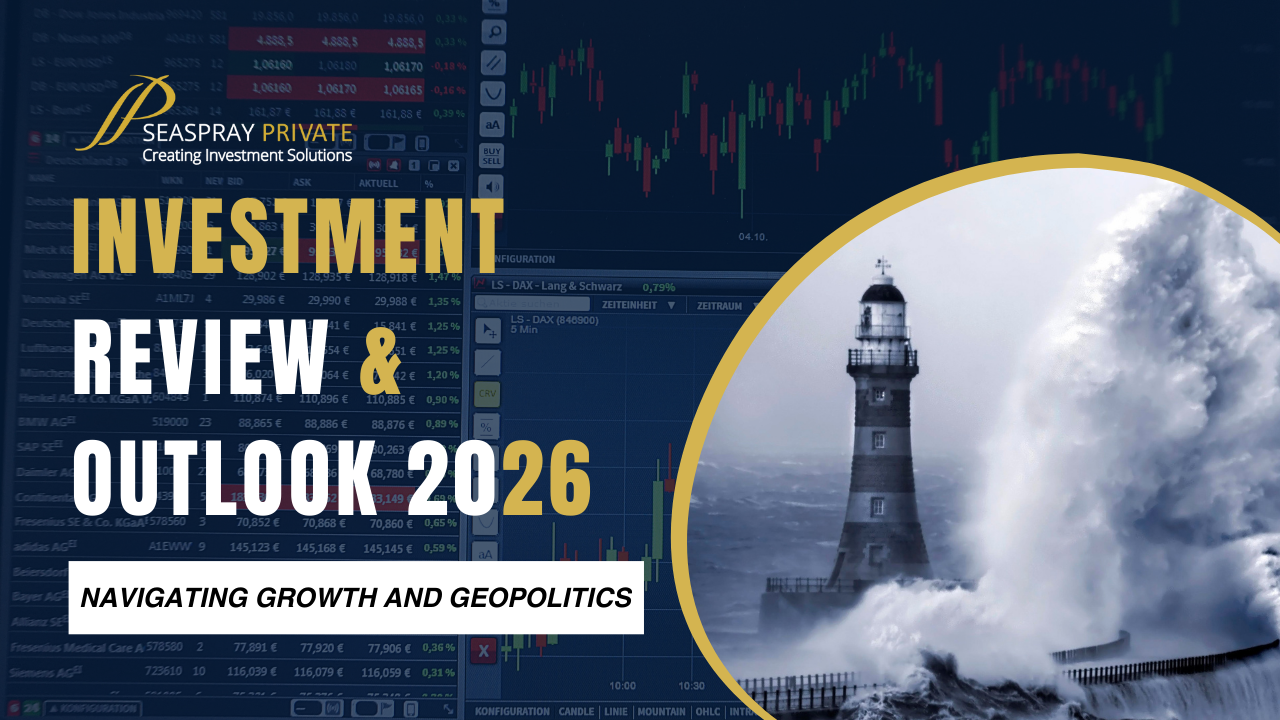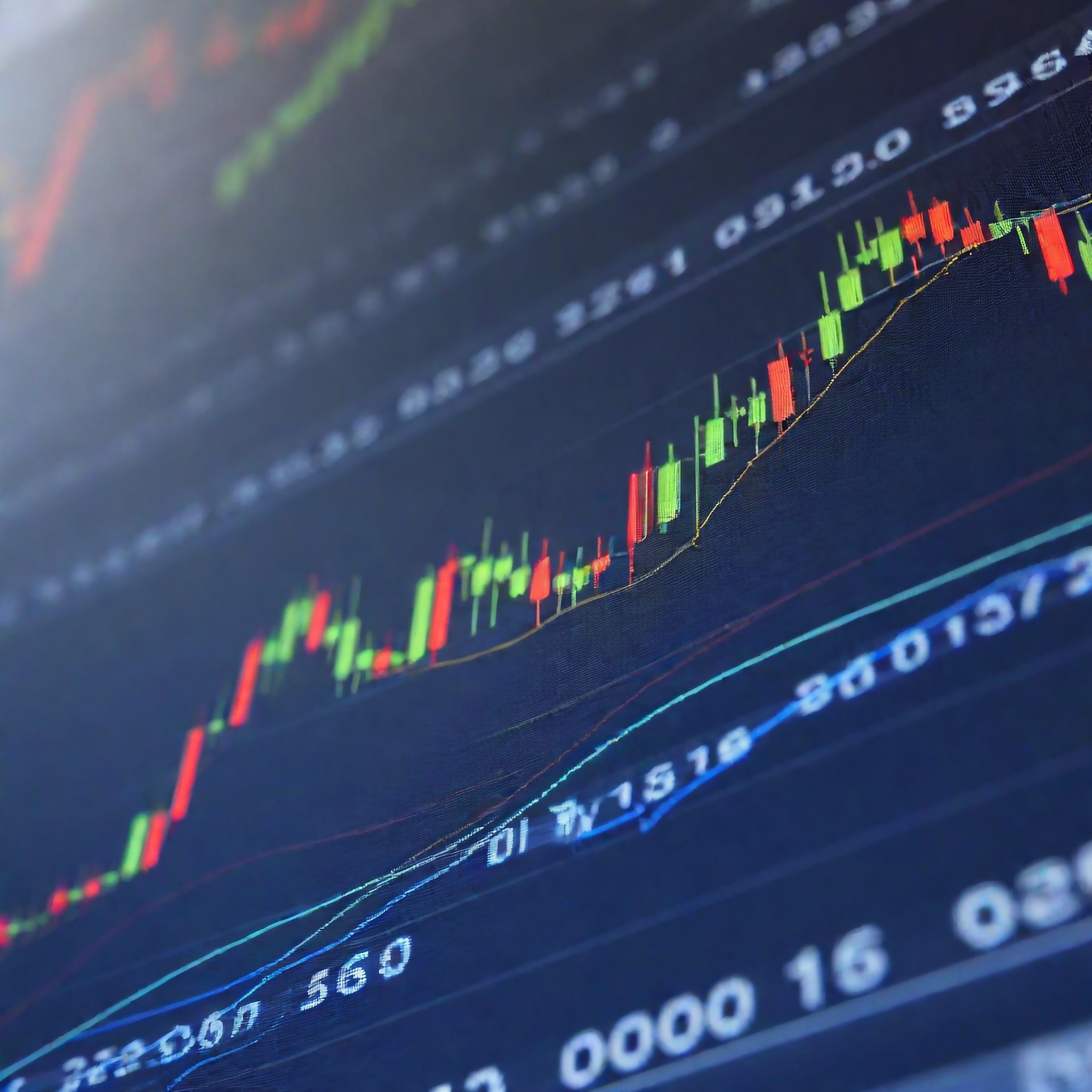In the US, markets moved slightly higher last week, following a sharp sell-off the previous Friday, triggered by a mix of earnings reports, increased tariffs, and disappointing economic data. It was a relatively quiet week for economic releases, though one key report stood out. The ISM Services Index, which tracks growth in the services sector, fell to 50.1, just above the deflationary threshold. However, the weaker-than-expected reading was attributed to seasonal and weather-related factors that slowed business activity. The Q2 earnings season is winding down, but several notable reports emerged. Palantir, one of the most-discussed companies in the AI sector, reported record revenues of $1bn, well above expectations of $933mn. The company highlighted its recent $10bn deal with the US government, which spans the next decade, as well as strong demand for its AI platform software. Palantir, with a market cap of $430bn, is now the 23rd most valuable company in the world, ahead of firms like Coca-Cola, Bank of America, and AMD. Its market value was just $13bn in January 2023. Moreover, Palantir joined an exclusive group of companies, contributing 4% to the S&P 500’s overall returns in 2025, alongside NVIDIA (27%), Microsoft (21%), Meta (10%), and Broadcom (8%). Collectively, these five companies have accounted for 70% of the S&P 500’s returns this year. Elsewhere, McDonald’s, Disney, Uber, and Eli Lilly all reported positive earnings last week. Overall, approximately 83% of S&P 500 companies that have reported Q2 results have exceeded expectations. This suggests that both the US consumer and business sectors continue to perform admirably, despite the ongoing geopolitical challenges. Positive earnings have further concentrated US equities, with the US equity market cap as a percentage of the developed world rising to 72.5% in July, while Europe’s market cap fell to 16.1%. The divergence between the “Magnificent Seven” (Mag7) and the rest of the S&P 500 has also never been more pronounced. Net income growth for the S&P 493 is estimated at just 1.8% for Q2 2025, compared to 25.6% for the Mag7. Lastly, Berkshire Hathaway shares have significantly underperformed the S&P 500 in recent months, with returns falling to levels not seen since the Global Financial Crisis and the COVID pandemic, as investors prepare for Warren Buffett’s official retirement as CEO. For the week, the S&P 500 and NASDAQ closed 1.42% and 2.81% higher, respectively.
In Europe, markets rose last week, driven by reduced trade tensions with the US. The EU avoided new tariffs, following the signing of a trade deal with the US, which exempted it from levies imposed on countries like Canada and Switzerland. Earnings reports from major companies across Europe showed mixed results. In Germany, Siemens reported profits in line with estimates, though results were impacted by a weaker dollar, which affected Q2 earnings. The company also cited US tariffs as a reason for slower new orders during the quarter. Nevertheless, Siemens maintained its guidance for the 2025 fiscal year. Novo Nordisk, Denmark’s largest company and once the largest in Europe, lowered its 2025 sales forecast to between 8% and 14%, down from 13% to 21%, due to slower growth in sales of its Ozempic drug (8% year-on-year). The company has struggled to keep pace with rivals like Eli Lilly, which has surpassed Novo in sales of diabetes and weight-loss drugs. Closer to home, Dublin-based CRH reported revenues of $10.2 billion in the second quarter, up 6% year-on-year, having completed 19 acquisitions so far in 2025. For the week, the Eurostoxx 50 and STOXX 600 closed 3.10% and 2.03% higher, respectively.
In the UK, the FTSE 100 rose slightly last week, as a tight monetary policy decision tempered positive earnings sentiment. As expected, the Bank of England cut interest rates by 0.25%, but the decision was made on a second vote after the first failed to yield a result. This divergence in opinion lowered expectations for further rate cuts and pulled the market lower. BP, one of the UK’s largest oil producers, exceeded Q2 profit estimates, with shares rising nearly 3%. The company also announced significant cost-cutting measures, including the reduction of over 6,000 jobs and a £750mn share buyback. Additionally, BP recently made its largest oil and gas discovery in 25 years off the coast of Brazil. Diageo, owner of the Guinness brand, saw shares climb 4% on Thursday despite earnings falling short of expectations, as the company forecast positive growth for the second half of 2025. For the week, the FTSE 100 closed 0.04% higher.





